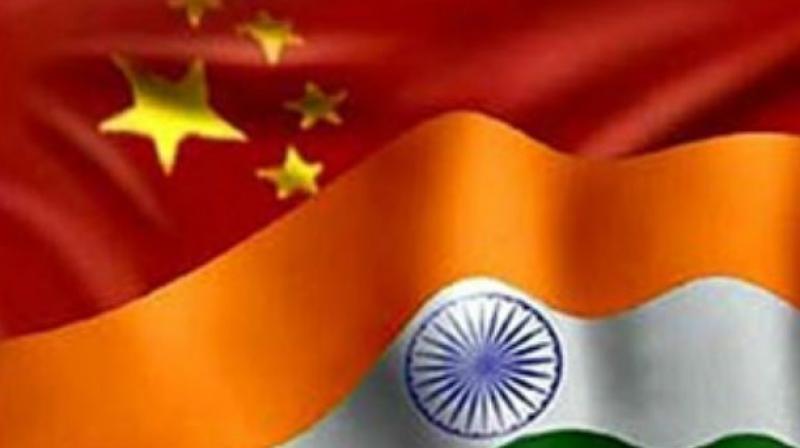China’s concerns on Ladakh misplaced: India
Sensitivity to each other’s core concerns must, Beijing told.

New Delhi: Visiting external affairs minister S. Jaishankar on Monday termed Chinese concerns as “misplaced” on the formation of Ladakh as a separate Union territory with boundaries up to (Chinese-occupied) Aksai Chin, saying New Delhi “was not raising any additional territorial claims” and that “there was no implication for either the external boundaries of India or the Line of Actual Control with China”.
This, in essence, means that India continues to only claim territory that it has always claimed, and regarded as its integral part like Aksai Chin and that the area of the two new UTs is the same as that of the combined J&K state which was bifurcated. New Delhi also conveyed that the bifurcation of J&K and revoking of Article 370 “was an internal matter for India related to changes in a temporary provision of the Constitution and was the sole prerogative of the country”.
Mr Jaishankar also clearly told the Chinese side in Beijing that “the future of the India-China relationship will obviously depend on mutual sensitivity to each other’s core concerns”, and that “properly managing differences is therefore vital”, adding that “differences should not become disputes”.
Beijing was also clearly told it “should base its assessment on realities” in so far as India-Pakistan ties are concerned, a clear message that China should not side with Pakistan.
Mr Jaishankar also told Beijing that the Indian government’s recent move on J&K has “no bearing on Pakistan as it was an internal matter (of India)”, and that it “did not impact the Line of Control (LoC)”. China, on its part, according to reports from Beijing, said it is “very closely” watching the India-Pakistan tensions over Kashmir and its “ramifications”, and asked New Delhi to play a “constructive role” for regional peace and stability.
Mr Jaishankar, who is now on a crucial three-day visit to China, called on Chinese vice-president Wang Qishan, considered President Xi Jinping’s confidant, and later had delegation-level talks with Chinese foreign minister Wang Yi, in which the “full gamut” of bilateral ties was discussed, “including the visit of President Xi Jinping to India for the second informal summit later this year” in India.
Mr Jaishankar also sought to assure China that “the two sides (India and China) had agreed to a fair, reasonable and mutually acceptable settlement of the boundary question on the basis of the 2005 Political Parameters and Guiding Principles”, adding that “the two armed forces” (Indian and Chinese) have already had “enhanced communication” and were implementing confidence-building measures.

